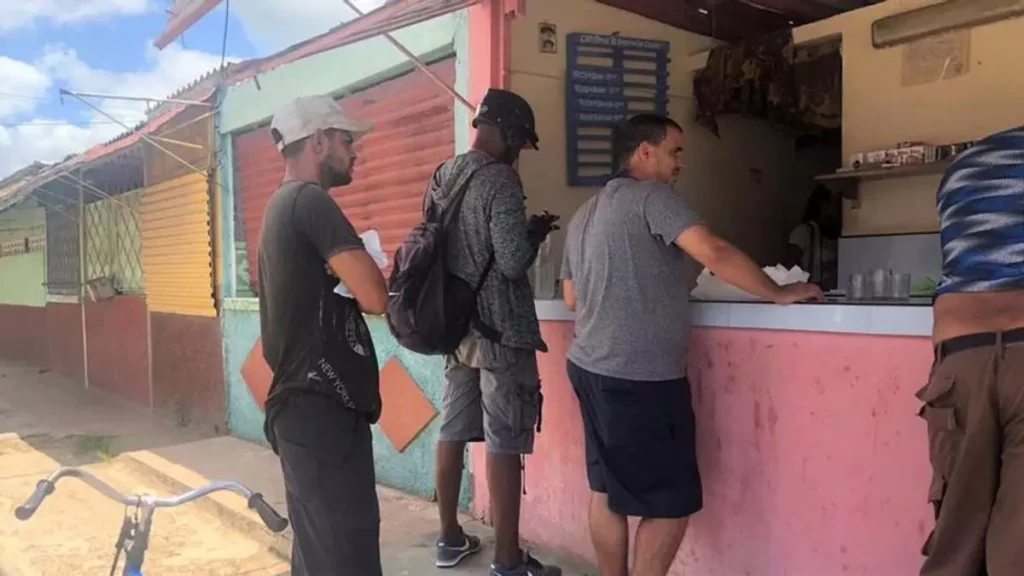
Maximum profit limits for private sector sales to State companies took effect on Monday July 1 in Cuba.
HAVANA TIMES – On Monday, July 1st, when the cap on private sector profits in sales to state companies begins, the official newspaper Granma opened with information dedicated to analyzing the most recent Council of Ministers gathering, where “topics of vital importance for stabilization” were evaluated in a “war economy” scenario. Nothing in the official Communist Party organ’s note indicates that any measures have been adopted to end the inflation crisis affecting the country.
“Among other measures, a single, inclusive pricing policy will be established on equal terms for all economic actors, including both the state and private sectors,” the text states. However, a brief trip to the past reveals the same phrase on at least two occasions: once in 2020, when the aim to design a single and inclusive pricing policy on equal terms for all economic actors was announced, with the key focus on both products and services.
With the economic reforms of 2021, the concept was reiterated in a similar meeting where Prime Minister Manuel Marrero reaffirmed that “updating Cuba’s pricing policy under the principle of being single, inclusive, and on equal terms for all economic actors was one of the priorities of the Ministry of Finance and Prices.”
Nearly four years later, the announcement remains the same, although the economy is more dire straits. Miguel Diaz-Canel cited among the worst repercussions of the crisis the delays in selling the basic food rations, the “instability” of the National Electric System, and the “excessive” inflation, which, in his view, “is not always a product of supply and demand and is entirely speculative.” The assertion cannot be proven in any case, as the lack of supply and near zero productivity define the Cuban reality, as the same authorities have acknowledged and as there is ample statistical documentation published by the National Office of Stat


